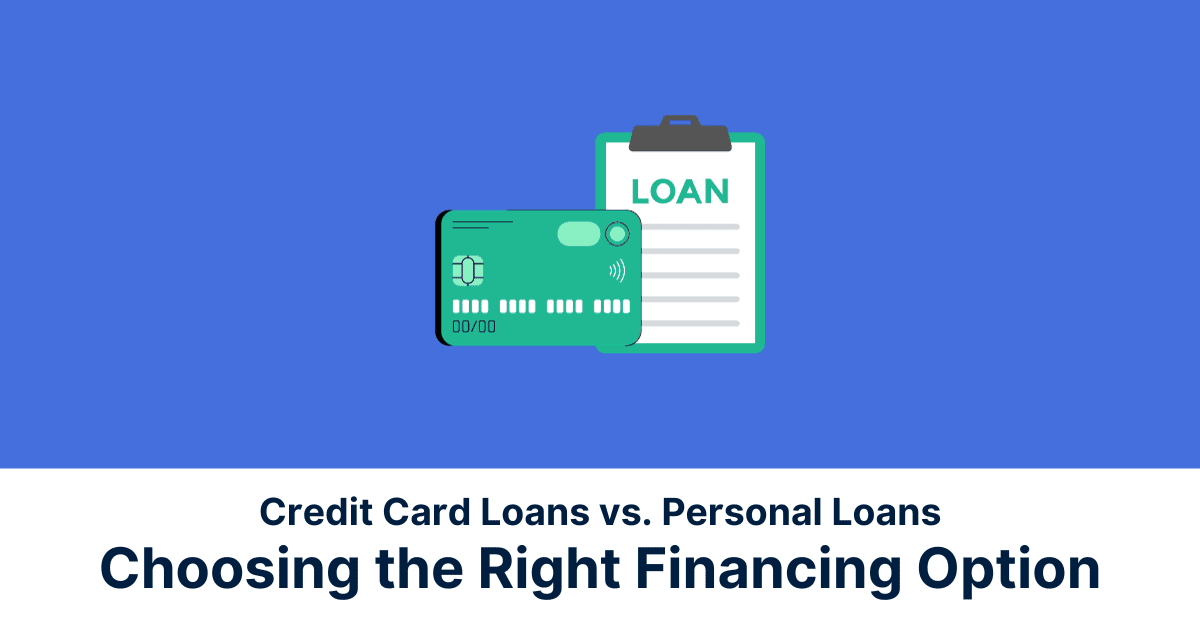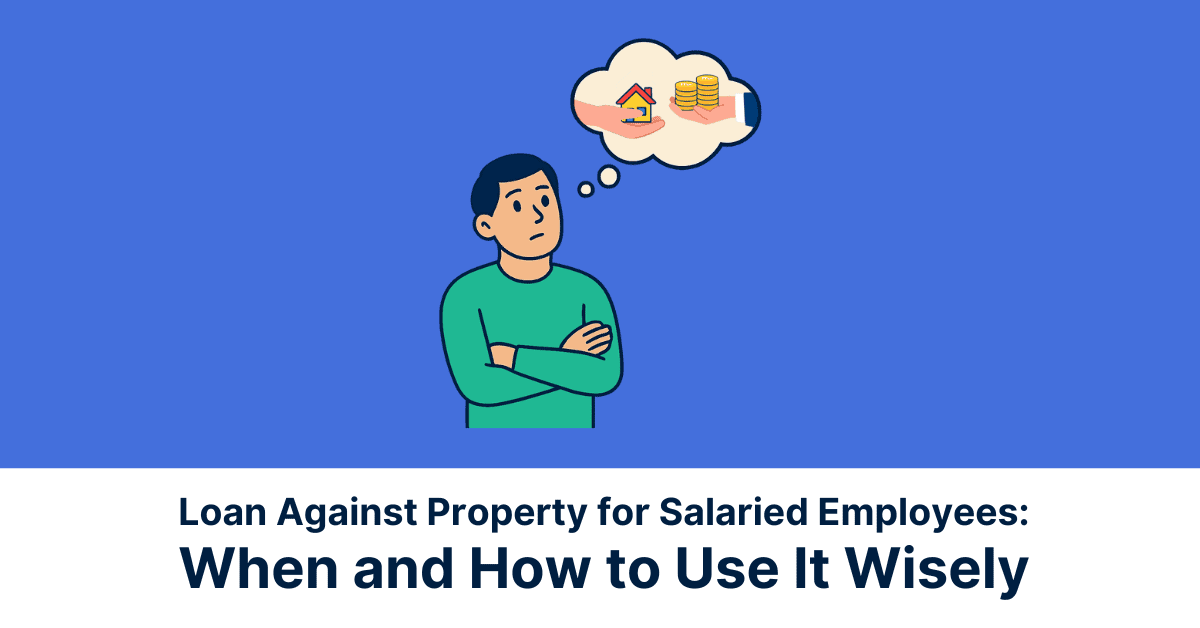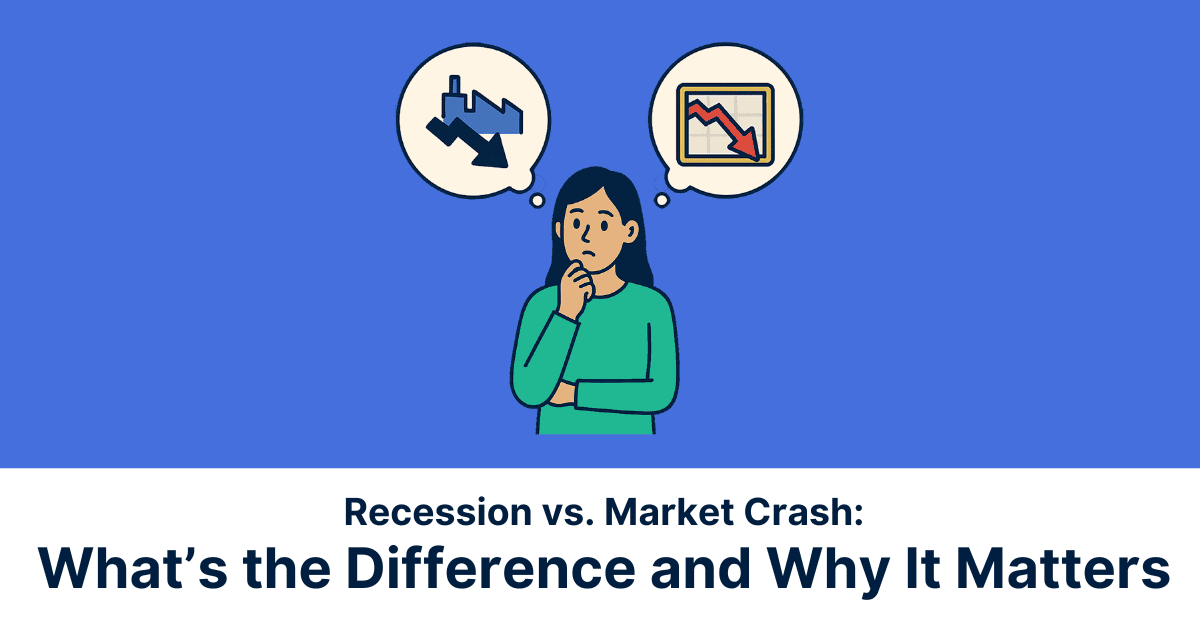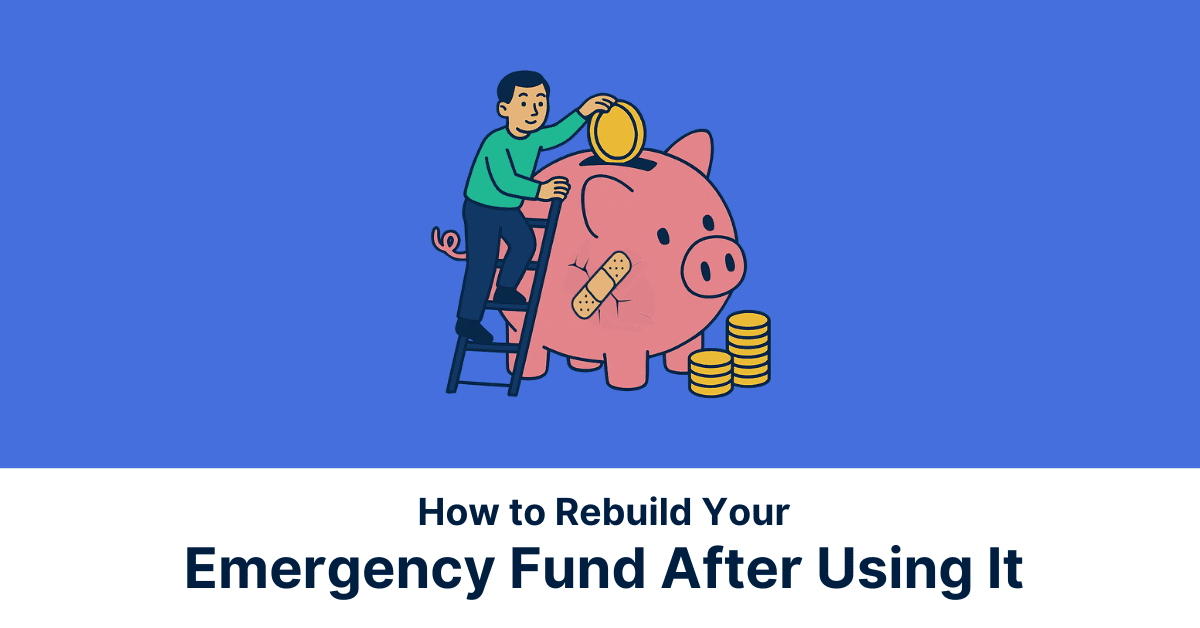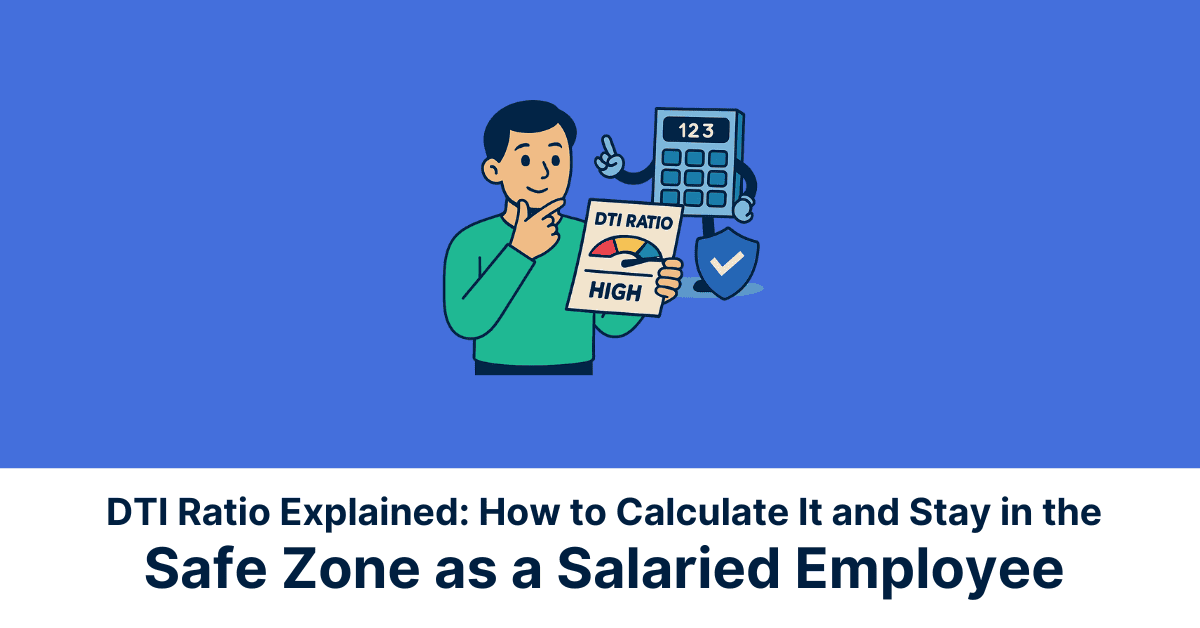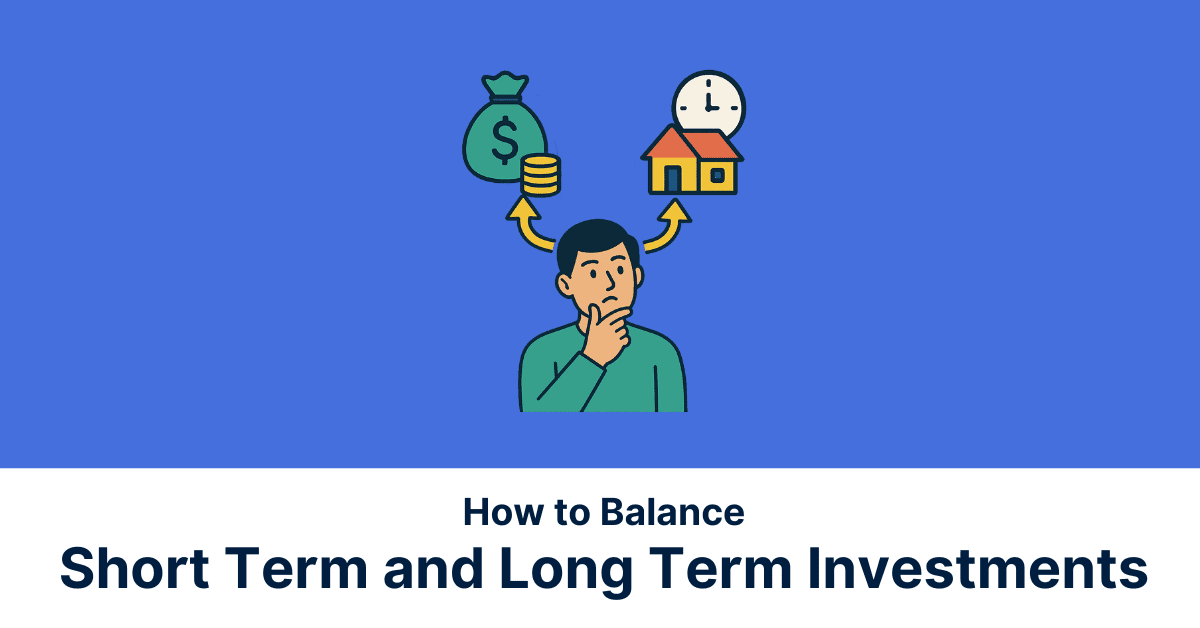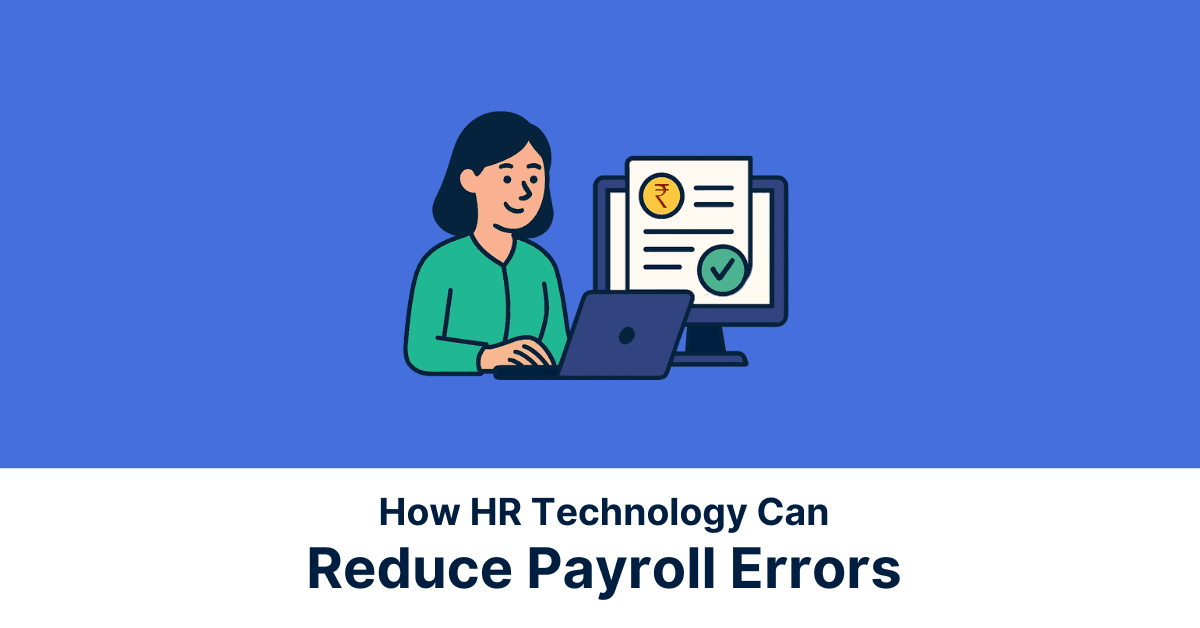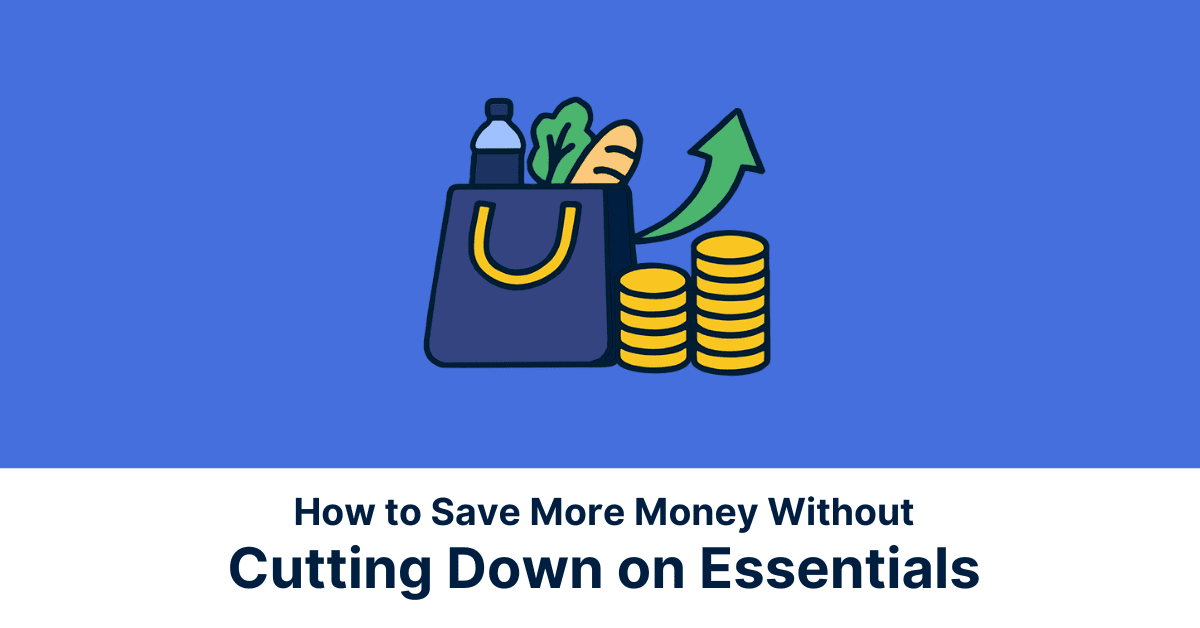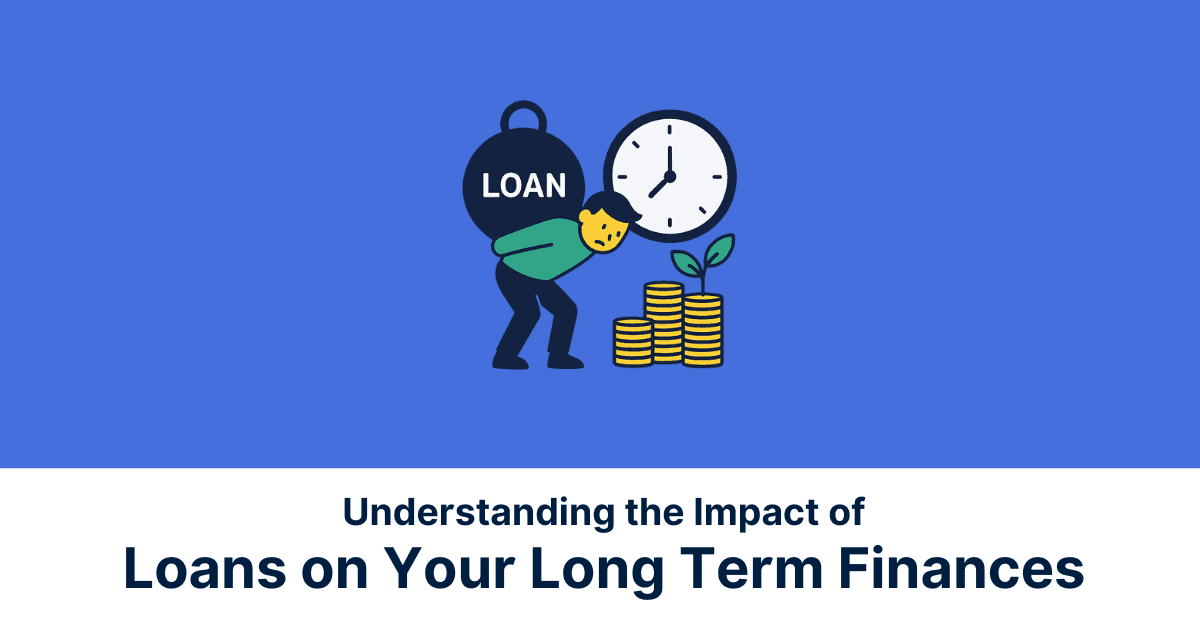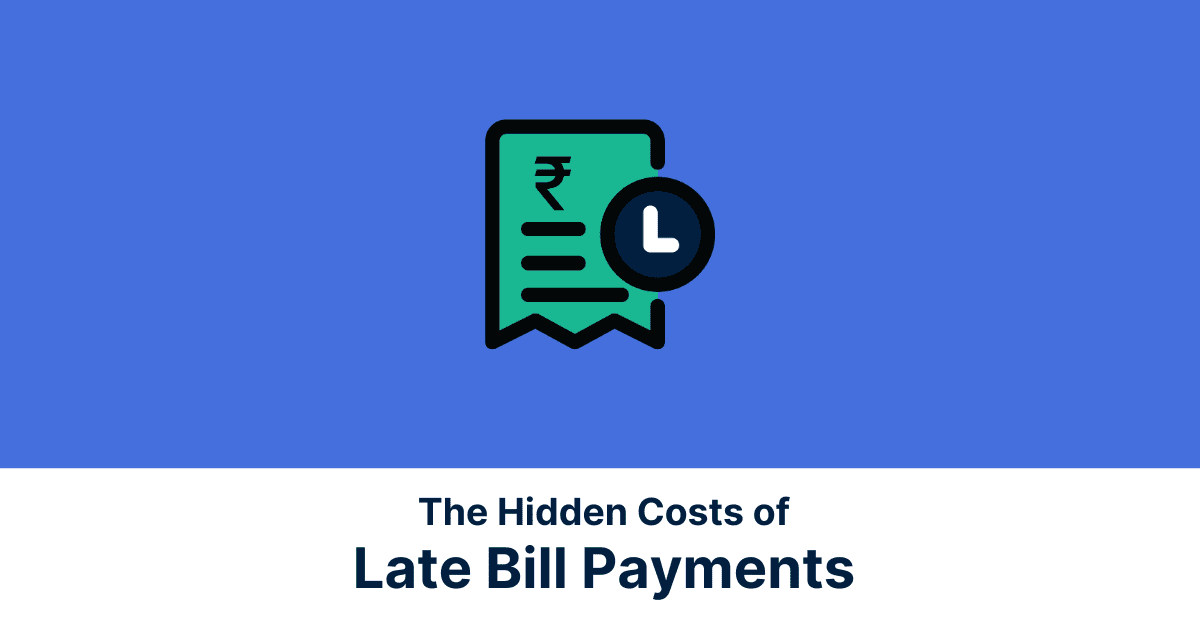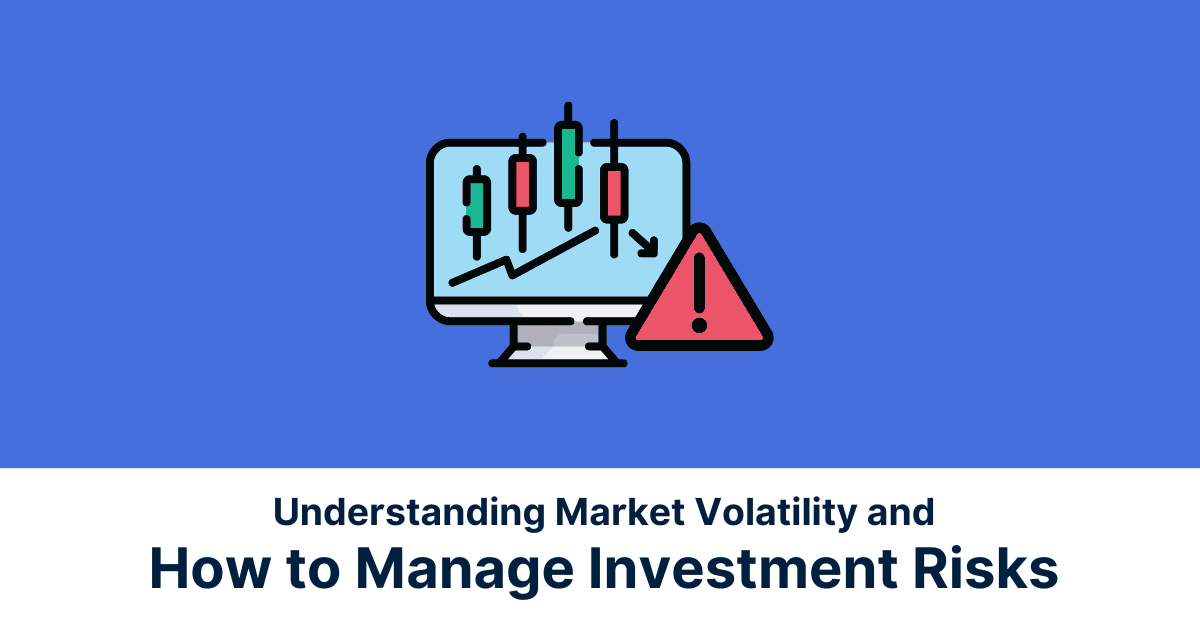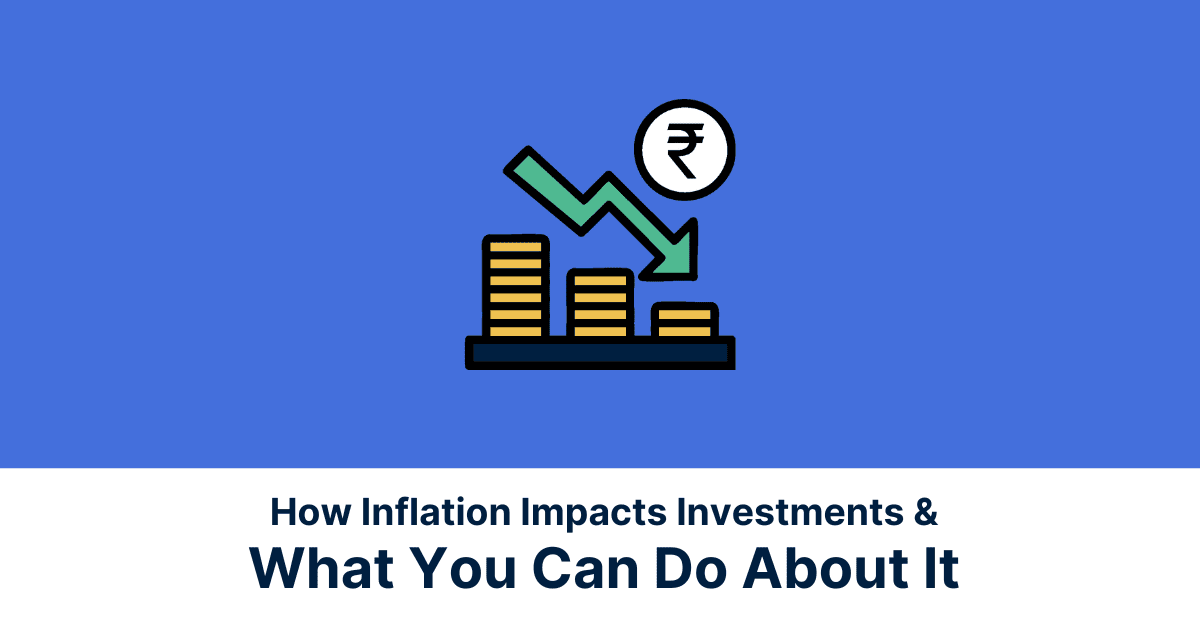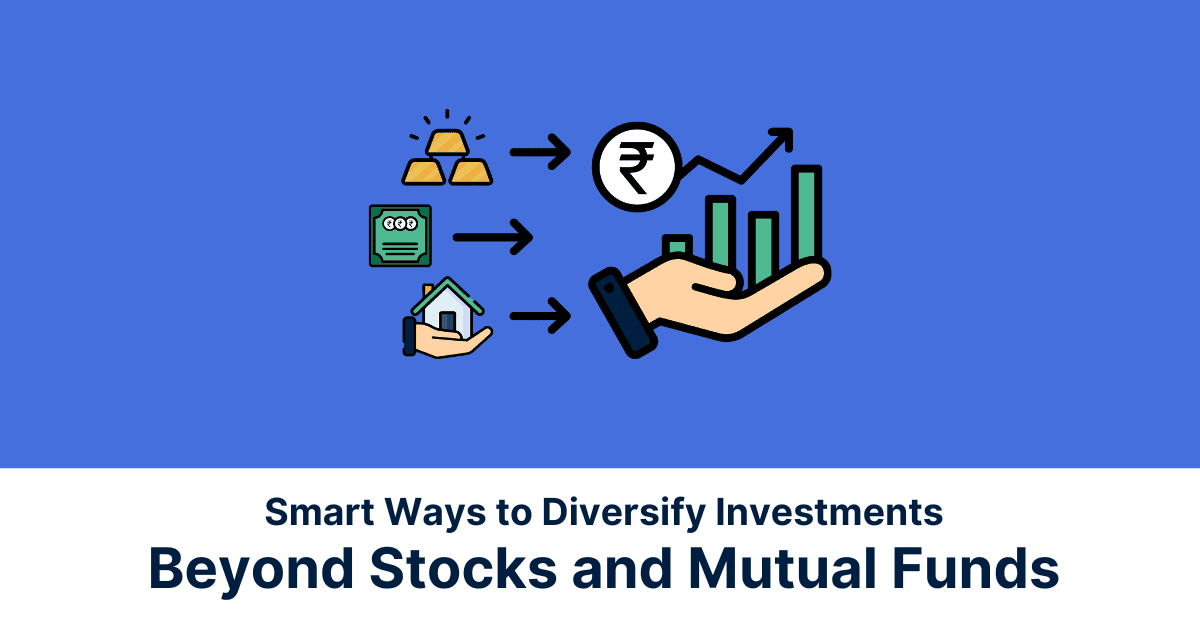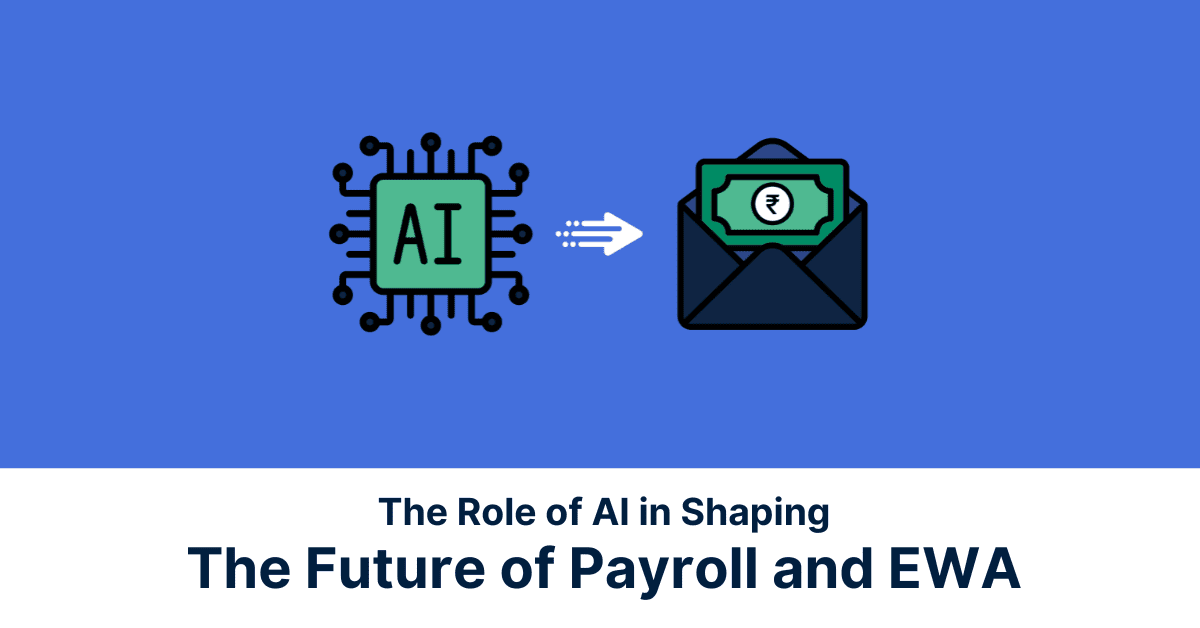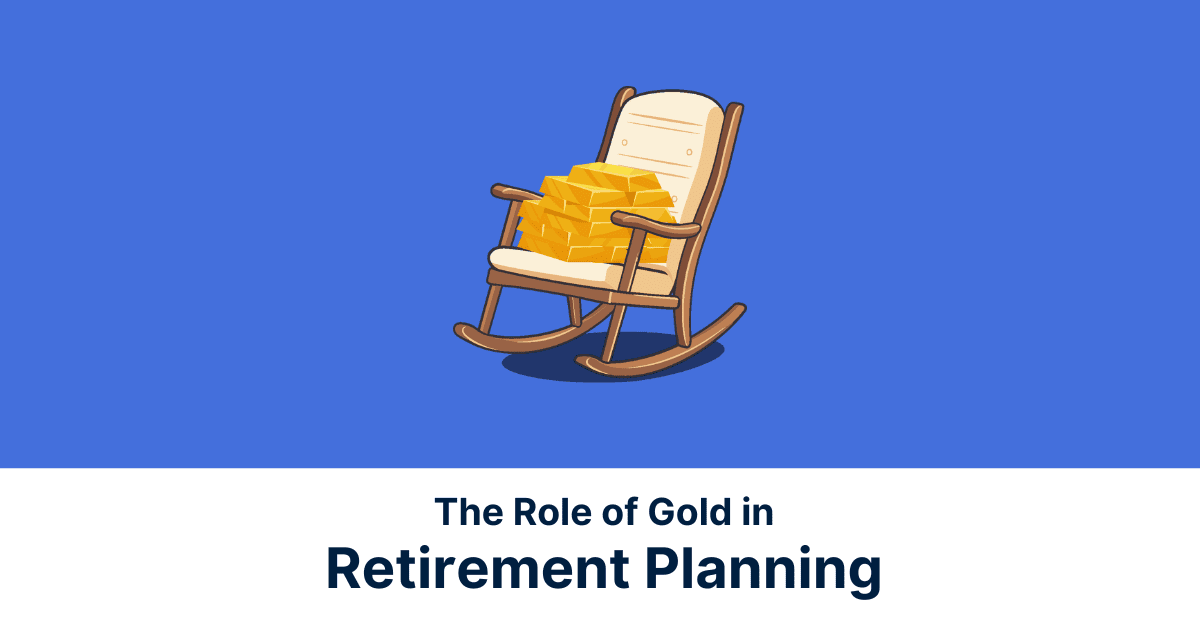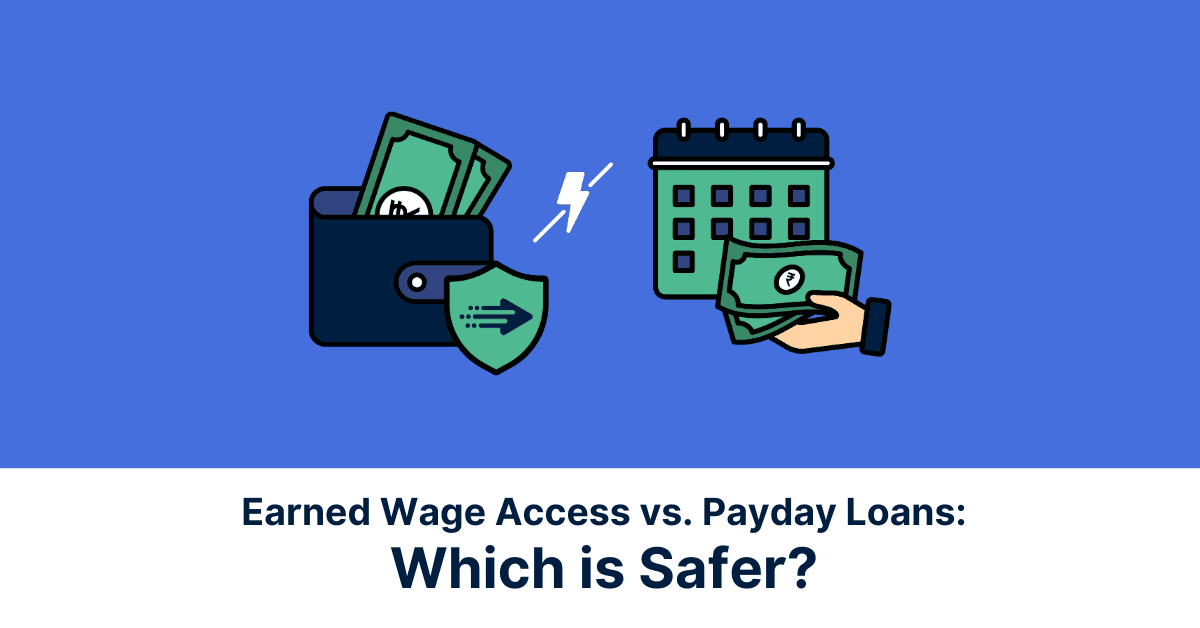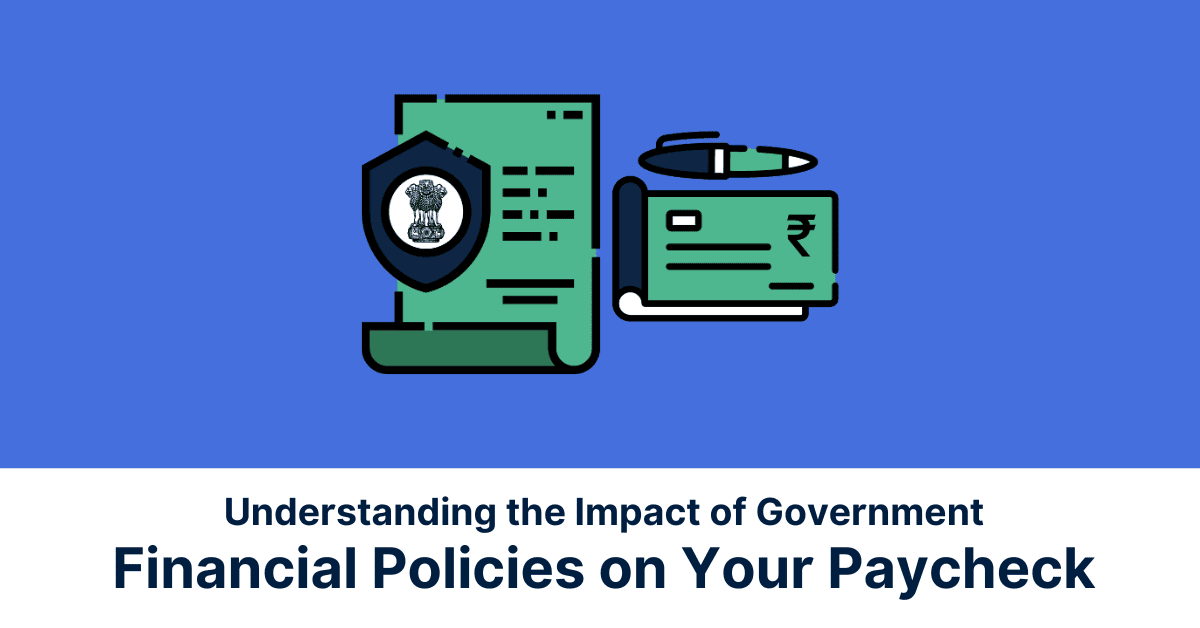If you need money to cover upcoming travel, a car upgrade, festivities, or home renovations, you may be considering a personal loan or credit card loan. Choosing between the two can be difficult.
Before you apply for a personal loan or credit card loan, it’s important to understand each option. Choosing the type of loan depends on your individual requirements. You need to factor in your repayment capacity before opting for a particular type of loan.
In this article we will delve deep into the world of credit card loans and personal loans, exploring their features, benefits, and potential pitfalls.
What is a Credit Card Loan?
A Credit Card Loan is a pre-approved loan provided to you based on your credit card usage, repayment behaviour, and history. It offers a swift and hassle-free way to borrow money, making it particularly useful during financial emergencies. However, it’s worth noting that the interest rates for credit card loans are generally higher compared to those for personal loans.
A Credit Loan can be considered the fastest method to get an unsecured loan. When you utilise a credit card loan, the loan amount is deducted from your available credit limit and then transferred to your bank account. It’s important to emphasize that a credit card loan differs from a cash withdrawal through a credit card.
When to consider applying for a credit card loan?
Whether a loan against a credit card is a good idea depends on your individual circumstances, such as how quickly you need the cash and how much you need.
Here are instances you could consider taking a loan on a credit card:
1. Financial emergency
When faced with unexpected expenses, such as medical emergencies, you can consider applying for a credit card loan
2. Cash flow issues
If you are facing temporary cash flow issues and need a short-term solution, this option provides quick liquidity.
3. Higher loan amount
If you require a relatively higher loan amount compared to what is available through your regular credit card spending limit, you could opt for a credit card loan.
4. Reduced documentation hassles
When you prefer an application process without extensive documentation, credit card loans often require minimal paperwork.
What is a Personal loan?
A personal loan is an unsecured loan, where one borrows from the bank to cover huge expenses, such as property purchases, launching a new business venture or medical emergencies. Due to their unsecured nature, personal loans come with higher interest rates. Moreover, as the loan amounts are usually larger, these loans often have longer repayment periods.
Individuals have the flexibility to apply for a personal loan from various banks. Therefore, the application process involves demonstrating eligibility and undergoing a thorough verification process before the loan approval is given.
When to consider applying for a personal loan?
Personal loans offer flexibility and the freedom to use the borrowed funds for various purposes. Here are some scenarios in which you might consider applying for a personal loan:
1. Home renovations
Consider a personal loan for funding home improvement projects, as this can be a big-ticket personal expense.
2. Repayment restrictions
Personal loans come in handy when you are faced with credit card repayment restrictions, where the lender doesn’t accept credit cards.
3. Education expenses
Personal loans can be an option for students or parents seeking financial support for education, which can cover tuition fees or accommodation expenses.
4. New business venture
Personal loans can be good, especially for those who lack collateral for a business loan and have a need to kick-start their business soon.
Credit Card Loan Vs Personal Loan: Factors to Consider

Food for thought
Whether you require a credit card loan or a personal loan, it is crucial to assess your financial needs and your capacity to repay before starting the application process.
If you need a small amount of money quickly and are able to repay it within a short period of time, a credit card loan may be a good option for you. However, if you need a larger amount of money or have a longer repayment period in mind, a personal loan is likely the better choice.
Ultimately, the best way to decide which type of loan is right for you is to compare offers from multiple lenders and choose the one that best meets your needs.
FAQs:
What are the disadvantages of credit card loans?
One should carefully weigh the drawbacks of credit card loans and evaluate their financial situation before applying, to avoid getting stuck in a debt trap.
Here some disadvantages of credit card loans to keep in mind:
- High-interest rate
- Fees and charges
- Minimum due trap
- Risk of debt overuse
Will personal loans affect my credit score?
Taking a personal loan might cause a slight decrease in your credit score, but missed payments can lead to a significant drop. Additionally, obtaining a personal loan will raise your overall debt, a factor that contributes to your credit score calculation.
Is personal loan high risk?
The risk of personal loan is subjective to individuals. Personal loans are generally considered less risky for borrowers with good credit history, a steady income, and a low debt-to-income ratio. These borrowers are more likely to get favourable terms from lenders, such as lower interest rates and higher loan amounts.
However, borrowers with bad credit, an unstable income, or a high debt-to-income ratio may have trouble getting a personal loan. Lenders may view these borrowers as high risk, which could lead to higher interest rates or even loan denial.
Consider the most common risks of taking out a personal loan:
- Defaulting on repayment damages your CIBIL score
- Risk of a debt spiral
- Penalties on late repayment
- High interest rates due to the loan being unsecured
